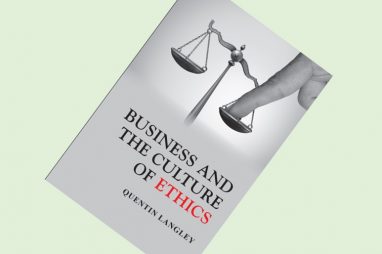Greenwashing – whose responsibility is it anyway?
It’s no wonder that cynicism is growing as corporations are increasingly perceived by the general public as contributing more to the problems of the world than they’re solving.
Strong leadership is required to navigate these murky waters.




